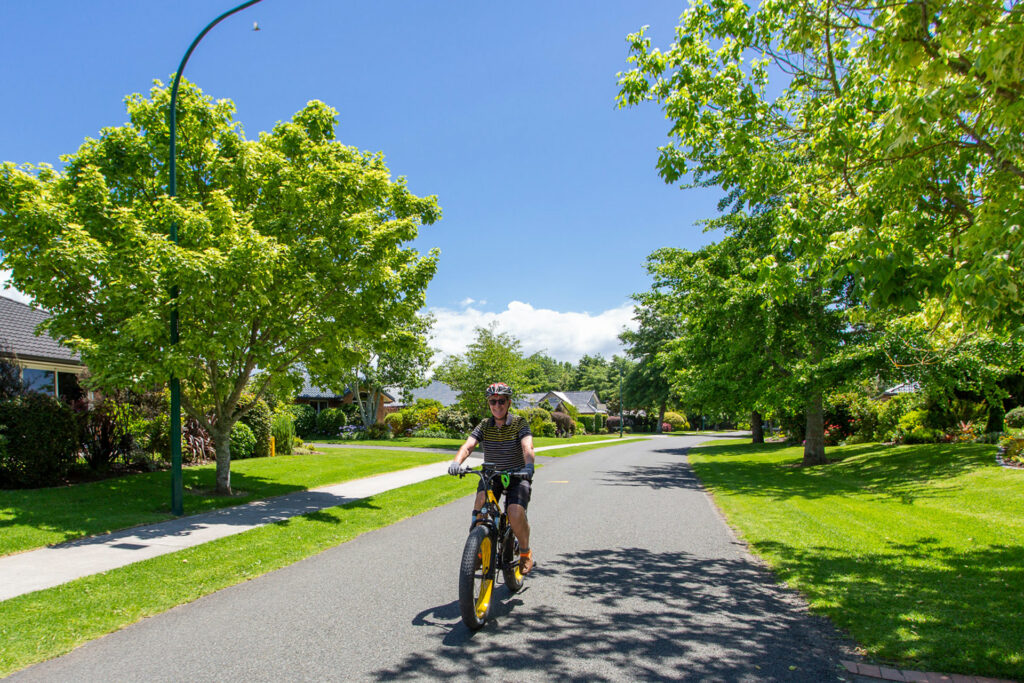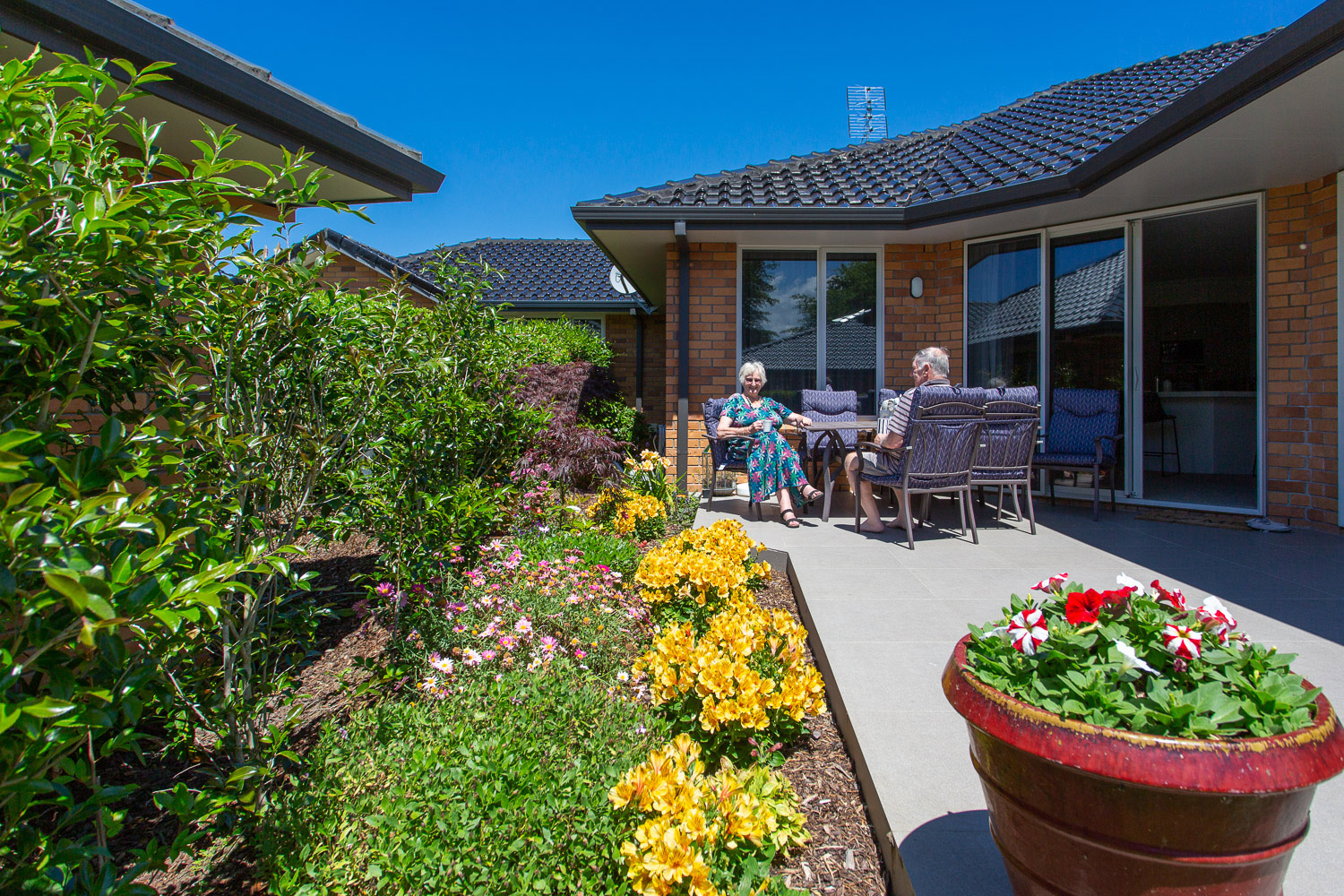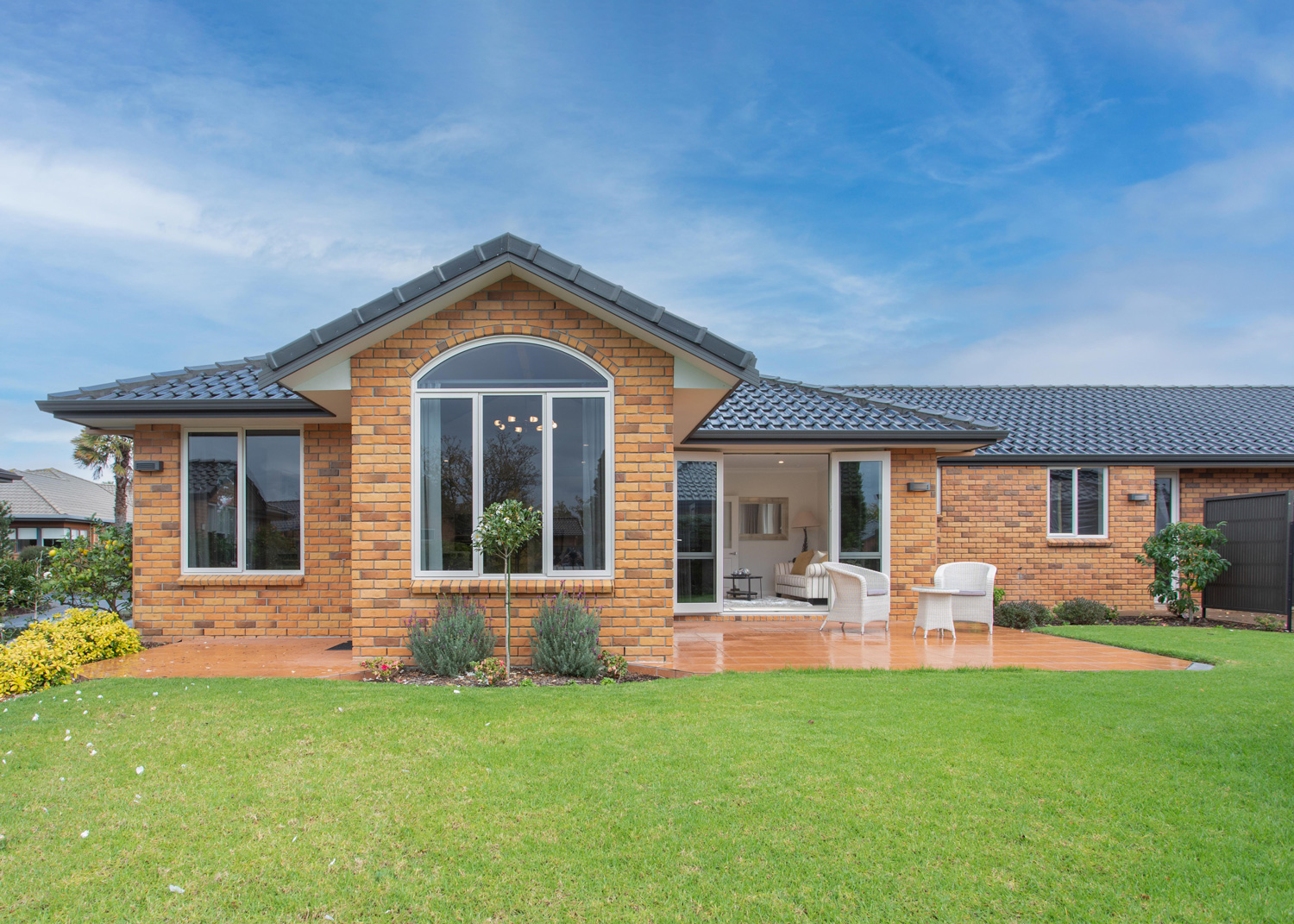5 things to consider before you make the move.
Deciding whether to stay put in your own home or move into a retirement village can be one of life’s hardest decisions. You may try to weigh the pros and cons objectively but it will invariably be an emotional choice – one that many people struggle with.
Everybody’s circumstances are different and the good news is there are plenty of options to choose from. Some retirement villages feature compact, secure care while others will boast five-star luxury homes and sprawling facilities. There is a village to suit most people’s desired lifestyle, budget and needs, so we’ve put together some advice on important points to consider.
1. When is the right time?
In our experience, the ideal time is in your early 70s when you are still mobile and independent, and before any major health issues crop up. Many people wait until a health scare forces their hand but we feel you should allow enough time to fully research your options and make an informed choice. Even if you’re happy living in your own home for now, it pays to start looking at where your next move might be. The last thing you want is to feel under pressure to move quickly.
Joining a retirement village community while you’re still in good health also provides an excellent support network if, or when, your health starts to deteriorate. Having supportive neighbours and friends around you during those times can make a huge difference.
2. Are you looking for companionship?
It’s not uncommon to feel lonely or isolated as we age. Many of your friends or neighbours may have already moved into a retirement village, and there are fewer visitors and outings on offer as a result. Surrounding yourself with like-minded people can give you a new lease on life. Many of our village residents take up a completely new hobby like painting, bowls or croquet simply because the facilities are on hand!
Each retirement village will have its own unique culture and it’s important to visit and speak to people already living there to get a feel for the place. The best scenario is one where there’s plenty of social interaction on offer (like happy hours, hobby groups or exercise classes) as well as lots of quiet privacy to just spend time in your own home if you wish.
3. Do you need a hand with that?
Owning your own home comes with a lot of maintenance tasks and regular chores. Clearing out gutters, trimming garden hedges and trees, water-blasting the driveway, painting the fence, mowing the grass… the list goes on. In a retirement village, you are usually in charge of looking after the inside of your home, while the grounds staff will do all of those labour-intensive outside jobs for you.
If you’ve worked on the land or had a long, stressful career, chances are you’re tired and deserve a break. It’s important to weigh up the cost of regular home maintenance as well as the toll it takes on your mental and physical health.
4. How do you want to get around?
Our confidence behind the wheel can start to wane as we get older, and taking public transport isn’t always comfortable or convenient. Most retirement villages can provide an easy solution by way of group transport. Having a dedicated driver and mini van to take you to the supermarket, or drop you at the shops, is a stress-free way of moving around town. Some people love driving their own car and happily continue to do so. While others appreciate the opportunity to gaze out the window or chat with friends while they’re on the move.
Travelling as a group to concerts, shows and events is also common. Or in some cases, the performers will come to you! Many retirement villages regularly invite musicians, singers and artists to their grounds, so check out the social calendar and see what’s on offer when you visit prospective villages.
5. What type of home will suit you?
While it’s true that some retirement village homes look like cookie cutter replicas of one other, this isn’t always the case. Far from it. Villages often have common colour schemes but floor plans and section sizes can vary hugely. It’s important to look at a broad range of accommodation and see what feels right for you.
The rules that govern how each village operates can also be vastly different so it’s important to read the fine print. Our home alteration policy at Omokoroa Country Estate, for example, will let you make changes to your home within certain parameters, whereas other villages won’t let you change a thing.
Newer retirement villages look very smart but don’t forget to weigh up the noise and inconvenience of having it constructed around you. If that is likely to bother you, look for a more established village where the trees are already grown, and the culture is already established.
It’s also worth considering what your future care needs might be. Some villages provide hospital level rest home care, whereas others offer fully independent living. At Omokoroa Country Estate our residents can choose to have carers, cleaners and meal service providers come in to lend support, this is not provided by the village itself.
As you can see, there are a lot of different aspects to consider. One final piece of advice is not to look at this decision from a financial perspective only. It’s a decision you need to make with your heart. Yes, you will lose some of your estate’s capital by moving into a retirement village. But you will likely gain a lifestyle that can be worth so much more.
If you would like to come and see for yourself what Omokoroa Country Estate has to offer, we would love to show you around. Get in touch today with Sales Manager, Emma Norton on (07) 548 1170 or 027 302 0014.






